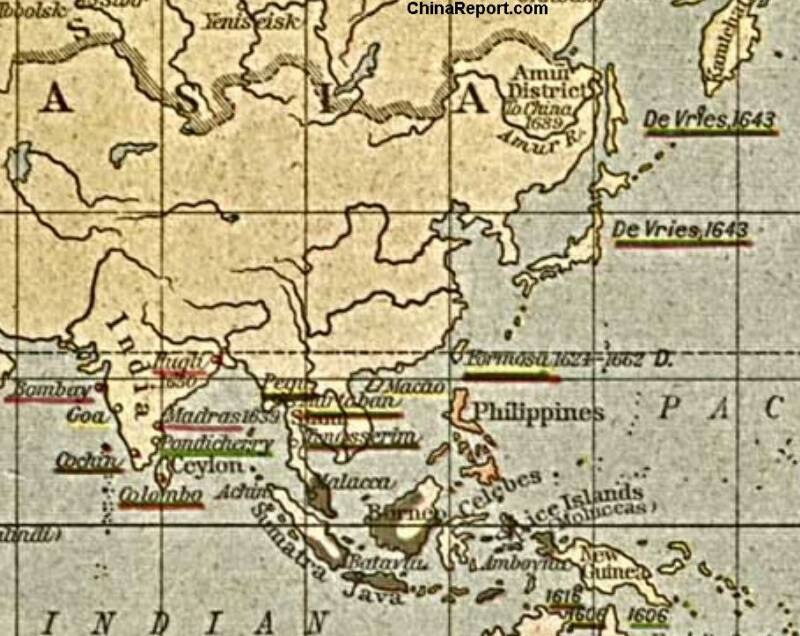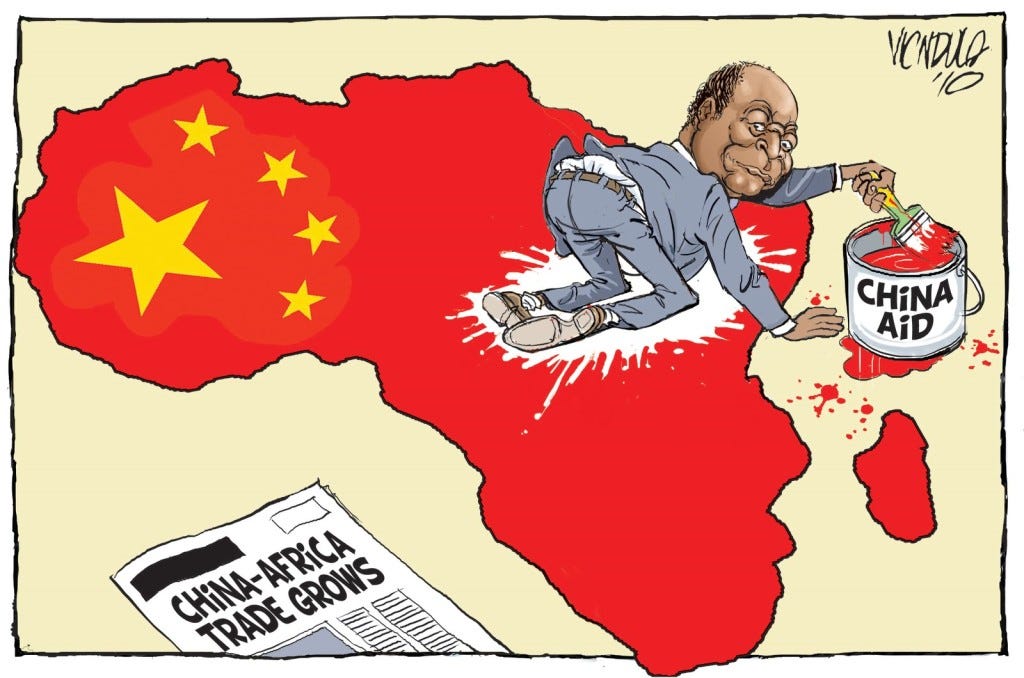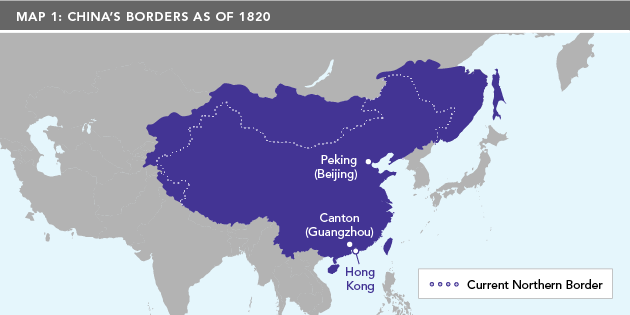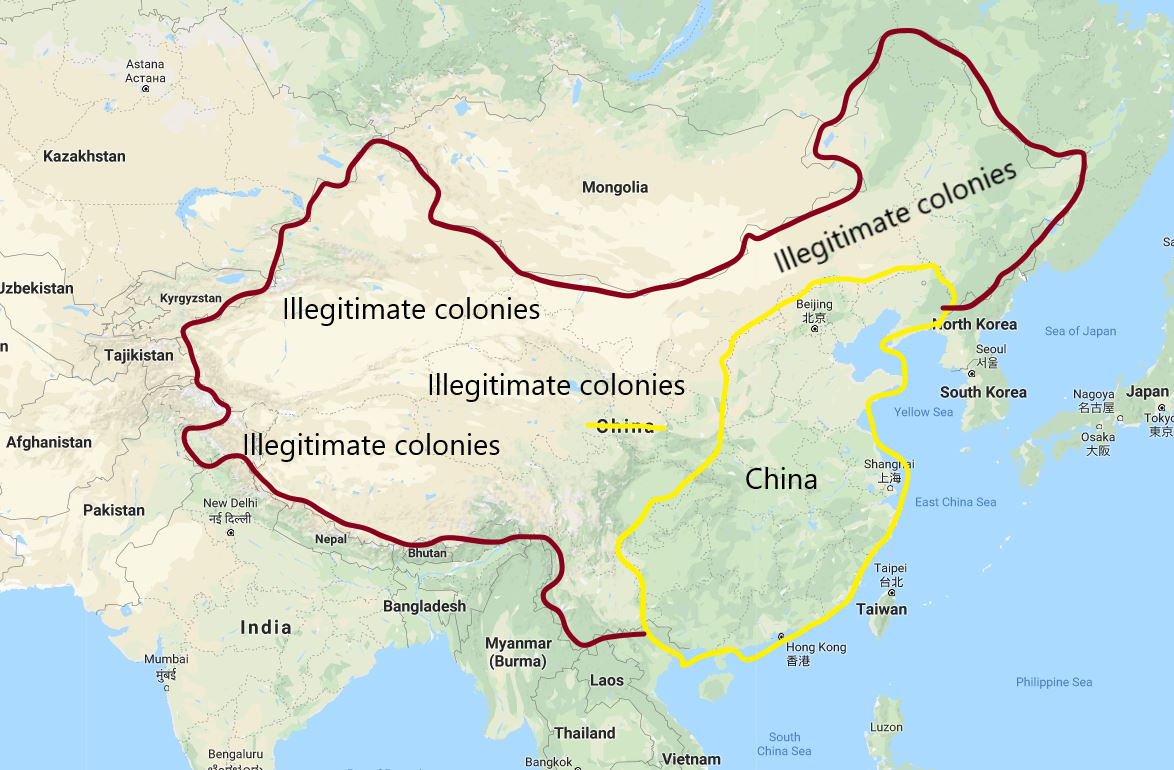China has a long and rich history dating back thousands of years. Throughout its history, China has experienced periods of colonization by foreign powers. In this essay, we will explore the history of China's colonization, the effects of colonization on China, and the ways in which China has resisted and recovered from colonization.
One of the earliest instances of colonization in China was during the Qing Dynasty (1644-1912), when the Manchu people, a minority ethnic group from the north, conquered and consolidated power over the Han Chinese majority. This period is often referred to as "internal colonization," as it involved the colonization of one group within China by another.
In the 19th and early 20th centuries, China was colonized by several foreign powers, including Britain, France, and Germany. These foreign powers established "spheres of influence" in China, in which they were given preferential trade and investment opportunities. They also imposed their own laws and regulations on the Chinese people, and often used military force to maintain their control.
One of the most significant effects of colonization on China was the loss of sovereignty and control over its own affairs. Foreign powers dictated Chinese foreign policy and economic decisions, and Chinese leaders were often forced to accept unfair treaties and concessions. Colonization also had a significant economic impact on China. Foreign powers often extracted resources and wealth from China, leading to a depletion of natural resources and economic inequality.
Despite the challenges of colonization, China has a long history of resistance and recovery. One of the most significant examples of this is the Taiping Rebellion (1851-1864), in which a large-scale rebellion against the Qing Dynasty and foreign powers was led by the Taiping Heavenly Kingdom. While the rebellion was ultimately unsuccessful, it demonstrated the Chinese people's desire for independence and self-determination.
In the 20th century, China's resistance to colonization took on a more organized and political form. The Chinese Communist Party, led by Mao Zedong, came to power in 1949 and established the People's Republic of China. The Communist Party pursued policies of industrialization and modernization, and worked to restore China's sovereignty and independence.
Today, China is a sovereign state with a strong economy and a leading role on the global stage. While it has come a long way since the days of colonization, China's history of colonization and resistance is an important part of its national identity and serves as a reminder of the importance of self-determination and independence.







